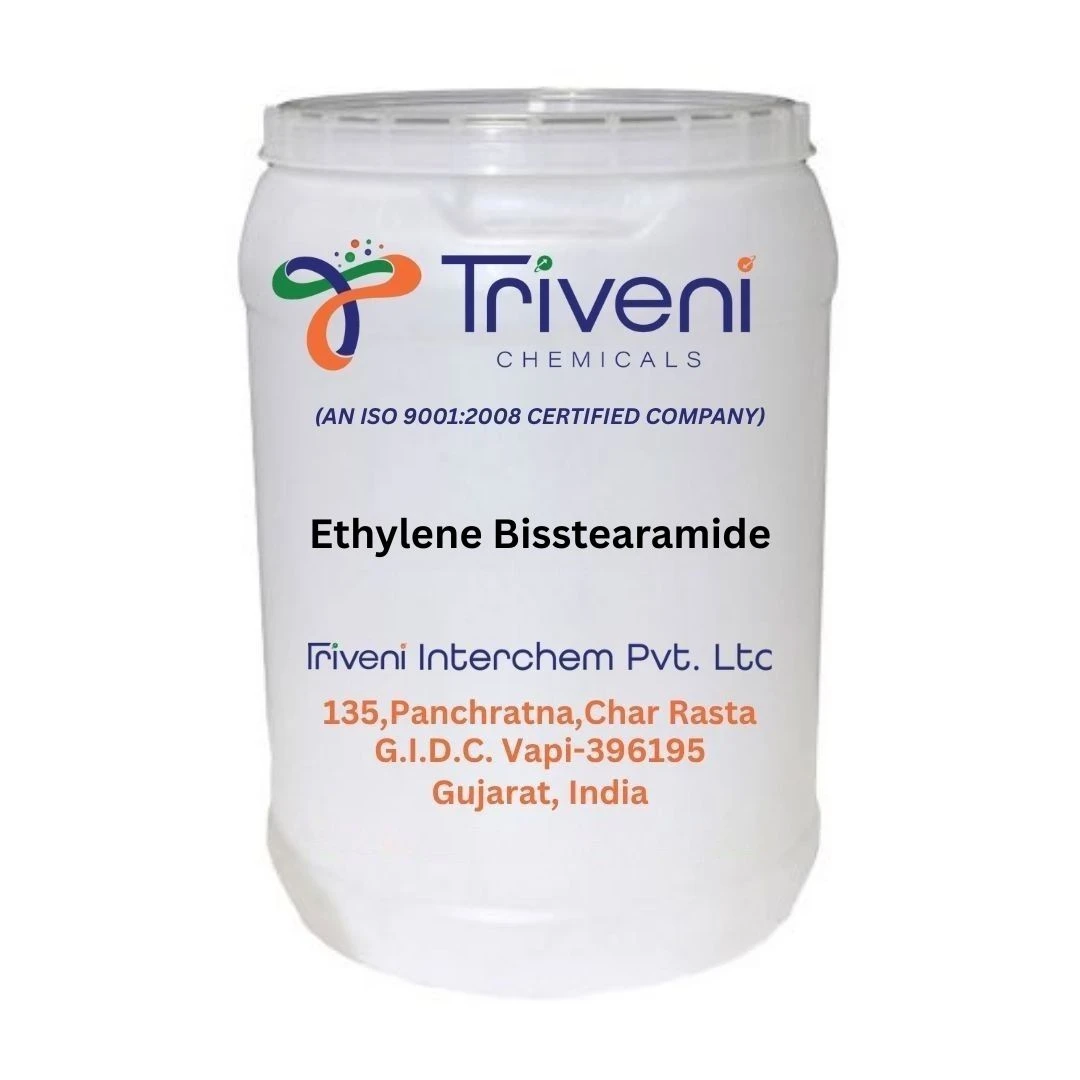Plastic additives are essential for improving the functionality, performance, and durability of plastic materials. During the manufacturing process, these additives are added to plastics to change their characteristics and fulfill demands. The following are a few typical kinds of plastic additives and their functions: Plasticizers are additions that increase the..
Plastic additives are essential for improving the functionality, performance, and durability of plastic materials. During the manufacturing process, these additives are added to plastics to change their characteristics and fulfill demands. The following are a few typical kinds of plastic additives and their functions: Plasticizers are additions that increase the workability and pliability of plastic materials. Because PVC (polyvinyl chloride) plastics are inherently stiff, they are very crucial. PVC can be made more flexible for uses like flooring, cables, and roofing materials by adding plasticizers like phthalates or adipates. Stabilizers: Stabilizers stop plastics from deteriorating due to heat, light, or exposure to oxygen. For example, UV stabilizers prolong the life of plastics by shielding them from the damaging effects of sunshine. In applications where polymers are subjected to high temperatures during processing or usage, heat stabilizers are essential. Additives known as flame retardants help make polymers less flammable, which makes them safer to use in a variety of applications. They function by preventing or postponing combustion. For example, brominated flame retardants are widely utilized, particularly in building supplies and electronics. Antioxidants: Antioxidants stop oxidation from breaking down plastics, which can cause brittleness, discolouration, and loss of mechanical qualities. For plastics used outside or in situations where they are exposed to heat and oxygen for extended periods of time, they are especially crucial. Colorants and Pigments: Plastics can be colored with the use of these additives. In addition to being necessary for producing visually beautiful products, they might have practical advantages like UV resistance or concealing qualities. Pre-dispersed colorants called masterbatches are frequently utilized to provide effective and consistent coloring.Fillers: To enhance the mechanical qualities of plastics and lower expenses, fillers are additives added to the material. They can improve dimensional stability, strength, and stiffness. Calcium carbonate, talc, and glass fibers are common fillers. Modifiers: Without significantly altering the chemical makeup of plastics, modifiers change certain aspects of their qualities. Impact modifiers, for instance, increase the toughness of plastics so they are less likely to break or split when struck. To sum up, plastic additives are a varied and vital part of plastic materials that enable producers to customize polymers to fulfill a variety of application and performance needs. Additives are essential to the functionality and adaptability of plastics in our daily lives, whether they are used to enhance mechanical, color, flame resistance, flexibility, stability, or any other attribute.
Read More



